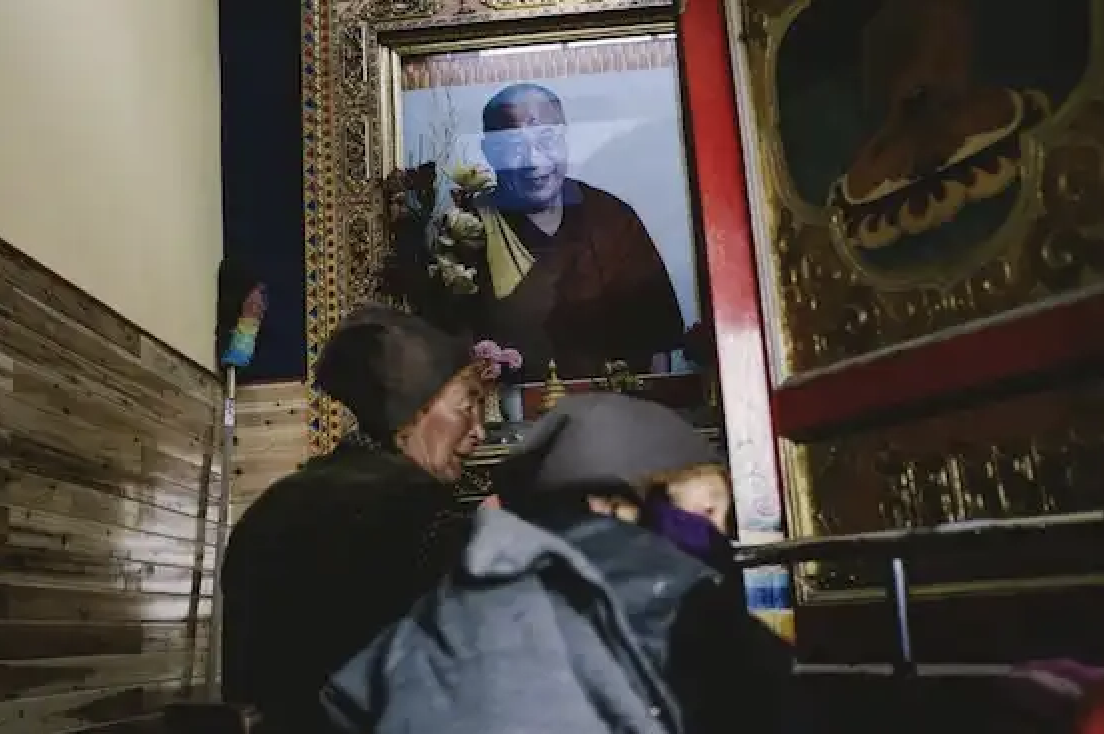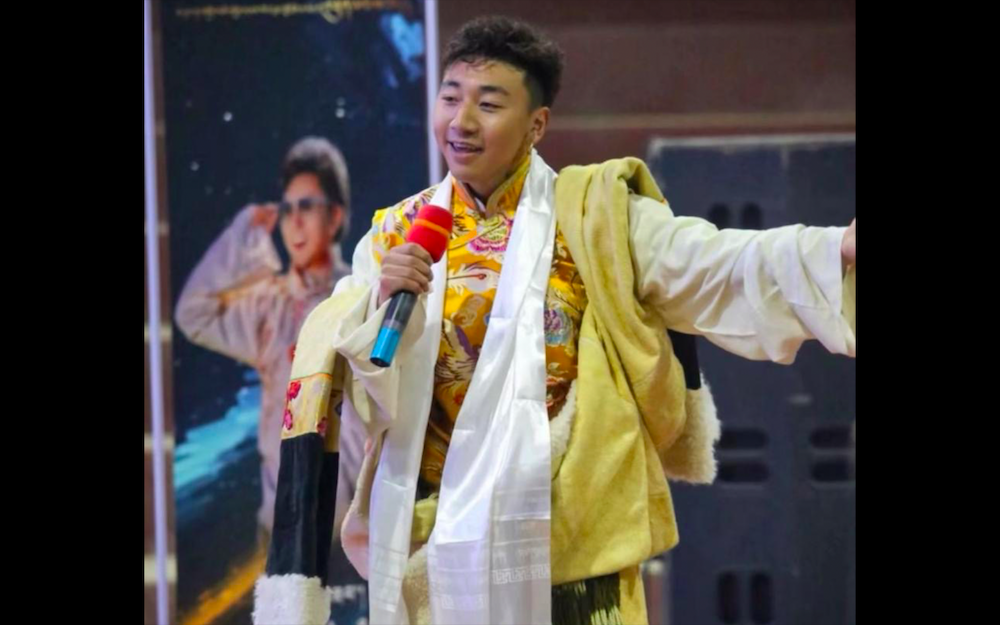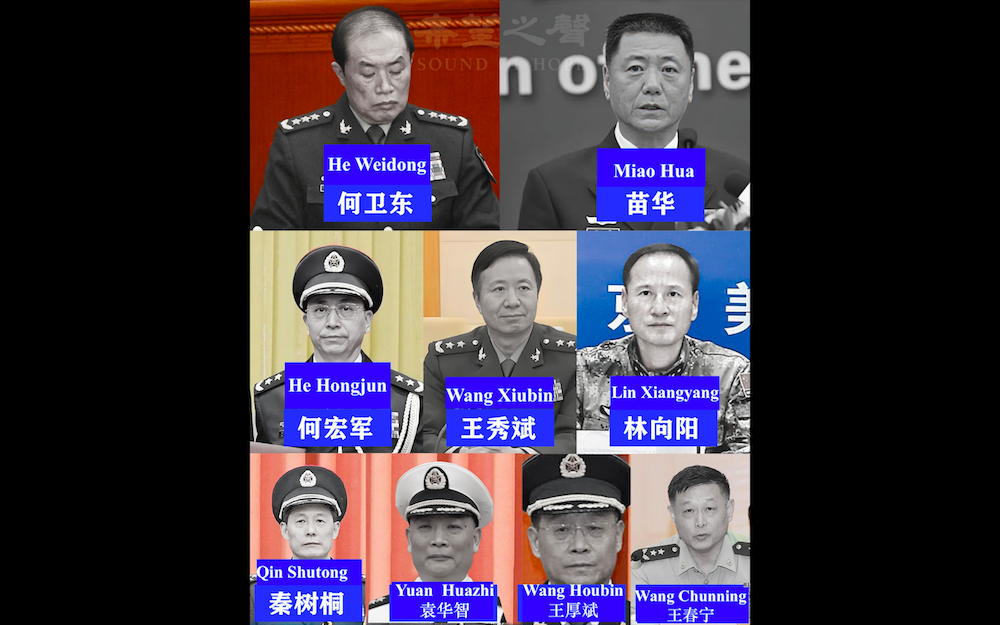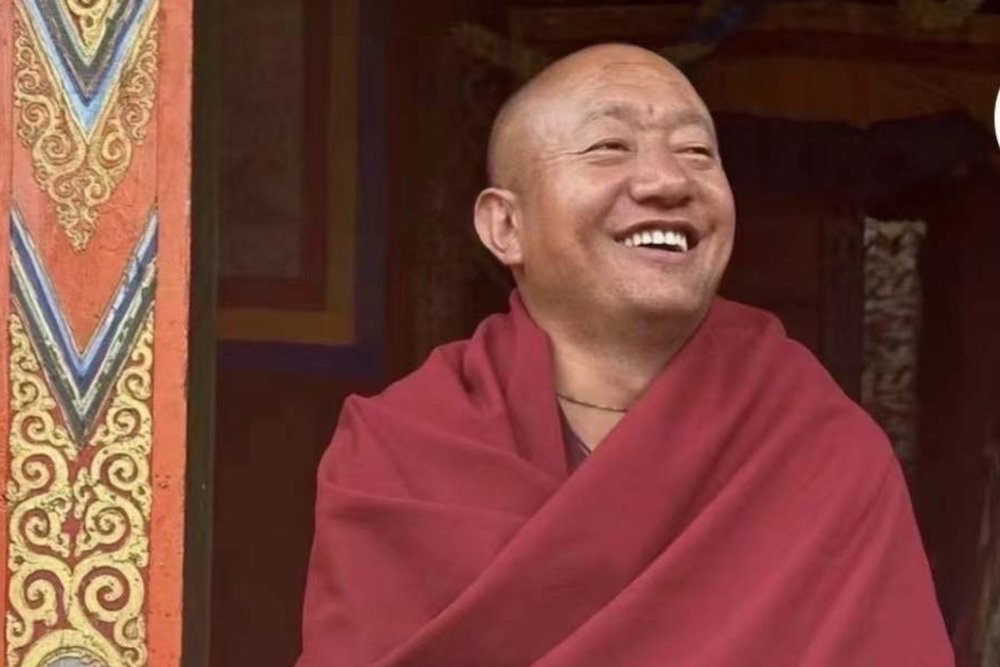Tenzin Nyidon
DHARAMSHALA, June 18: Chinese authorities have sentenced two senior Tibetan monastic leaders, abbot Sherab and administrator Gonpo of Yena Monastery to four and three years in prison respectively for their roles in rare public protests earlier this year against the construction of a large hydropower dam in Dege County, eastern Tibet, according to Radio Free Asia.
Sherab, the abbot of Yena Monastery, was widely recognized after a video emerged showing him making a traditional Tibetan gesture of supplication with both thumbs raised while pleading with local officials on February 20, 2024, not to proceed with the dam. Alongside him, monks and laypeople cried out in anguish, imploring the authorities to reconsider the project that threatens to displace entire communities and submerge centuries-old monasteries.
While the exact date of their sentencing remains unclear, sources told RFA that Gonpo is currently in critical condition due to torture sustained during detention and has been transferred to the intensive care unit at West China Hospital in Chengdu.
The sentencing is part of Beijing’s continued crackdown on dissent surrounding the Gangtuo Hydropower Project, a massive state-backed initiative set to be built on the upper reaches of the Drichu (Yangtze) River in the culturally significant Kham region.
The protests, which began on February 14, 2024, saw hundreds of Tibetans, including monks from Wonto and Yena monasteries, kneeling before Chinese officials and begging them to halt the forced relocation of villages and religious institutions. The peaceful demonstrations were met with a heavy-handed response, including mass detentions and reports of brutal interrogations.
The controversial Gangtuo dam project, touted as a “leading” cascade hydropower station posed significant threats to at least six Tibetan monasteries and two villages, all of which face the risk of being submerged by the dam’s reservoir. These religious centers serve as vital hubs of spiritual and cultural heritage for the region’s Tibetan population.
Tibetan NGOs in Dharamshala criticized the project, warning of irreversible ecological damage and the erasure of indigenous Tibetan identity from lands they have inhabited for generations. Meanwhile, the Central Tibetan Administration’s President Penpa Tsering along with a coalition of over 170 members of Tibet Support Groups from 44 countries, called for the immediate release of more than 1,000 Tibetans detained for protesting the dam. The joint appeal was made following the successful conclusion of the 9th International Conference of Tibet Support Groups held in Brussels, Belgium, on February 25, 2024.










